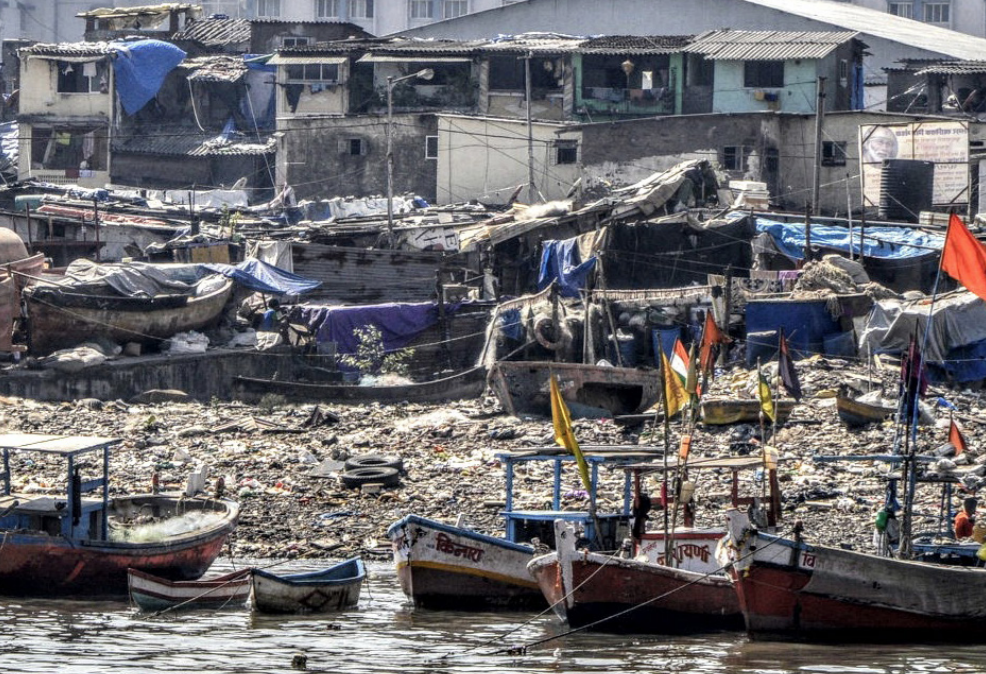
Organizado por Roberto Rocco, Caroline Newton, Luz Maria Vergara d’Alençon, Igor Moreno Pessoa, Anja Van der Watt
Com participação de Higor Carvalho
The COVID19 pandemic has exposed several systemic failures and injustices in the way cities are planned and designed around the world. It has also exposed the failings due to lack of planning in most places in the Global South. Careful, inclusive and participatory spatial planning is thought to greatly strengthen the capacity of societies to withstand systemic shocks, as testified by the New Urban Agenda (2016), the Pact of Amsterdam (2016) and the New Leipzig Charter (2020). Integrated affordable housing, for instance, has come to the top of the agenda once again, now propelled by the realisation that slum dwellers (a staggering 1 billion people around the world) and homeless people are particularly vulnerable to health crises and other societal shocks.
The pandemic has been saluted as an opportunity to implement far-reaching transformation of our societies towards sustainability and justice, but little signs of systemic change have actually surfaced. For example, several cities around the world claim they will overhaul public space, take space from private cars, and invest more on green spaces, bicycle paths and quality public mobility. But little has been said about addressing the structural causes of inequality. The champions of the circular economy salute the pandemic as a new dawn for more human-centred capitalism, for the abandonment of exploitation and unfair distribution, and a world where workers can find decent housing, health, work and leisure. But what is actually happening on the ground?
The Indian government has recently foregone all labour protection laws in favour of competitiveness and entrepreneurialism. In Latin America, workers are losing rights and social protection. In the United States, systemic racism has been exposed as the main driver for higher mortality rates among black citizens. The mayor of Louisville in the American state of Kentucky has declared racism a public health crisis. Is COVID19 the dawn of a new world, or the radicalisation of neoliberalism, described by Naomi Klein in her book “The Shock Doctrine”? The signs from the ground are not encouraging.
Despite the lack of public action in many places, or perhaps because of it, grassroots everywhere were mobilised to fight the pandemic as best as they could, with occasional amazing results. But the actions of grassroots, powerful are they are, must be matched by public action and systemic change. And one of the tools for systemic change is fair and inclusive spatial planning that guarantees the fair distribution of benefits and burdens of development. As one of the participants of this event asserted: we cannot talk about reaching a “new normal”, when most of humanity has never known anything close to normalcy in their daily lives and in the way their cities are managed.
This UTC explores some of these issues by giving a platform to people with knowledge from the ground. It also discusses the many advances being made towards an inclusive green transition, through the European Green Deal and a growing activist movement in the UK.
This event was organised by GUL, the Global Urban Lab of the TU Delft University of Technology, a communication and action platform that brings visibility and articulation to TU Delft staff and students doing work on topics of urbanisation in the Global South.